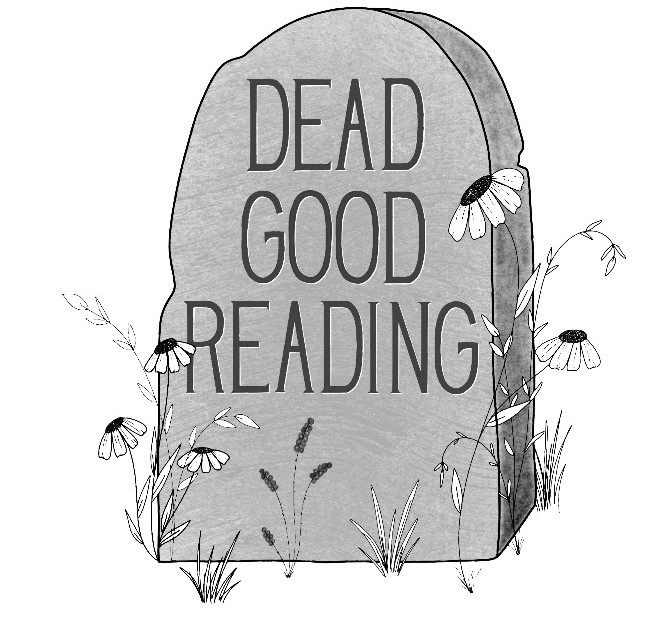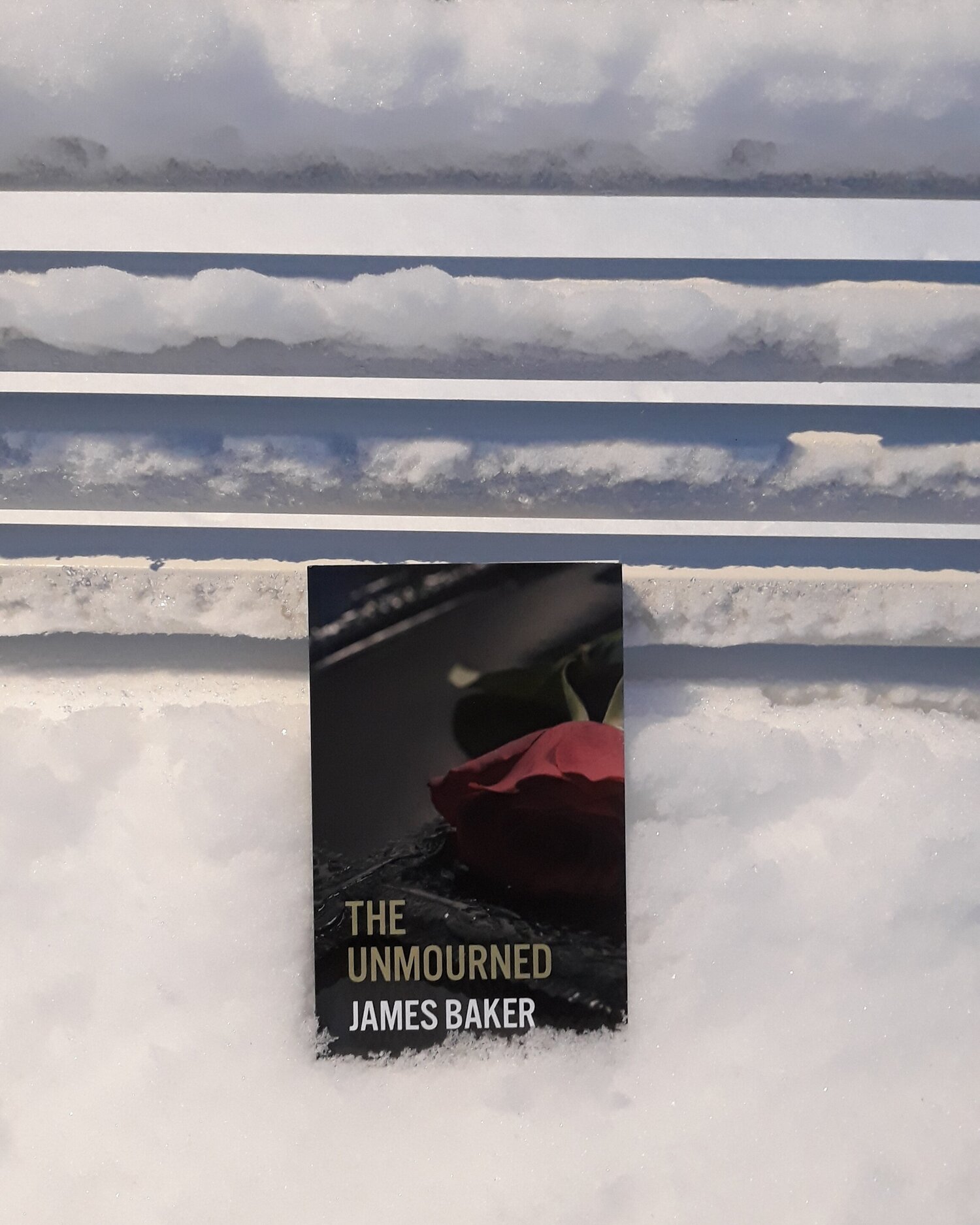The premise of the Unmourned offers the reader a very interesting ethical dilemma: Do people in prison ‘deserve’ funerals after they die, and if so, what type of funeral? I must confess that I found the premise of the book, and pondering about this issue, more interesting than the actual book itself.

At the start of the novella funeral director Simon Thorley receives a phone call with the request to organise the funeral of notorious serial killer and rapist Jonathan Flint. What follows is Thorley’s journey arranging the funeral, trying to find a crematorium that will hold the funeral, dealing with the corpse of a serial killer, and working with the two daughters of Flint. The daughters have complicated grieving experiences as they grieve for their father, but also struggle with the crimes he committed. The nature of Flint’s the crimes really set the reader up to question his level of ‘deservingness’. If Flint would have committed fraud, this would be a very different book.
What I was missing in this novella was a more critical note about the role funeral directors have in shaping people’s funerals. Through Thorley, Baker dishes out a lot of critique towards ‘others’ in the funeral industry, for example, he critiques younger funeral directors who are doing things differently compared to him. He is also critical of funeral celebrants (professionals who are organising funeral ceremonies who are not affiliated with a particular religion or belief, increasingly popular in the UK), yet Baker/Thorley does not acknowledge the powerful role funeral directors have in designing funerals, as they are the gatekeepers between bereaved families and the people that will create the funeral ceremony.
Baker’s book does give insight in the reality of the working life of a funeral director faced with a ‘difficult dead body’. In their paper Hidden Labour in Funeral Directing: providing care for ‘difficult’ dead bodies, Daniel Robins and Rosie Smith discus the challenge of burying the body of the notorious criminal Ian Brady. Brady’s body remained at a morgue for 6 months as no funeral director wanted to be associated with this specific funeral:
“Ian Brady embodies the label of the difficult dead as the symbolic toxicity he represented in life as a serial child murderer, torturer, and sexual predator was compounded by his identity as deceased. In death, he still represented all these things, remaining a source of danger and contamination that had the potential to cause harm and which needed to be tightly regulated”
— Robins and Smith, 2020:101
People working in the funeral industry will encounter dead bodies with life histories that they might find challenging. The burial of ‘difficult’ bodies shows that corpses are not neutral entities and can be extremely powerful in determining actions of the living. Or, as Robins and Smith note:
“Despite clear regulations that define the parameters of funerary work, and the labour of death professionals more generally, they rely on the assumption that all bodies are equal in death. While the physical remains may share common material qualities, and while all bodies retain a sense of their lived identity, very few of these posthumous identities are deemed nationally, if not internationally, controversial and abhorrent”
— Robins and Smith, 2020: 108-109
Readers of the Unmourned can speculate whether Baker’s account of the burial of a ‘difficult dead’ in his novella is based on his real-life experience of conducting a funeral of a notorious figure, or merely a reflective exercise on what he would have done in the case of such a death. Author and funeral director James Baker obviously has a lot of expertise working in the funeral industry, and the conversations described in the book seem verbatim the types of conversations he will likely have with other funeral professionals. However, many of those practical conversations don’t make for a very exciting read. Yet, for those interested in a factual account of the behind the scenes of a funeral director, this is the right book.


Leave a Reply